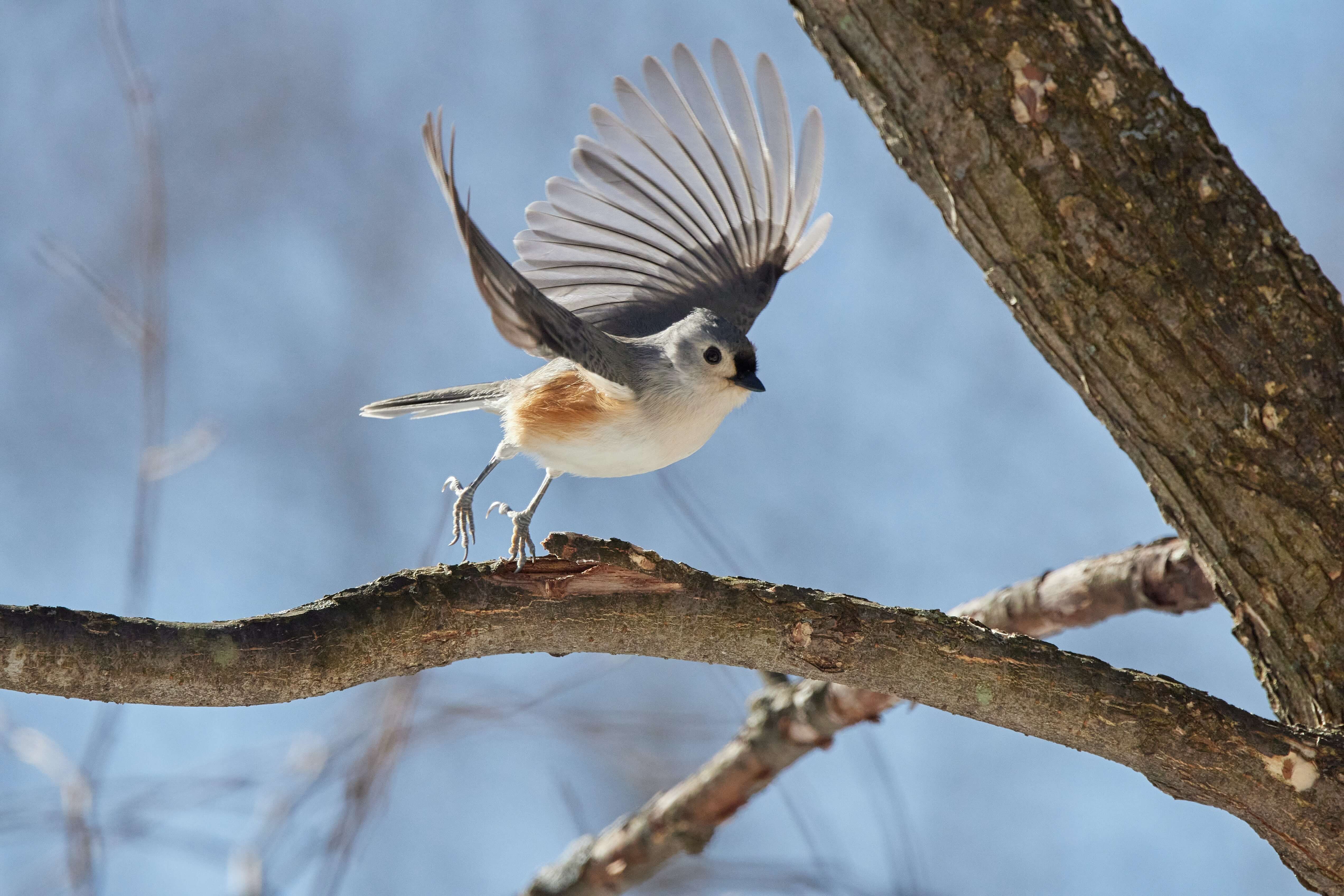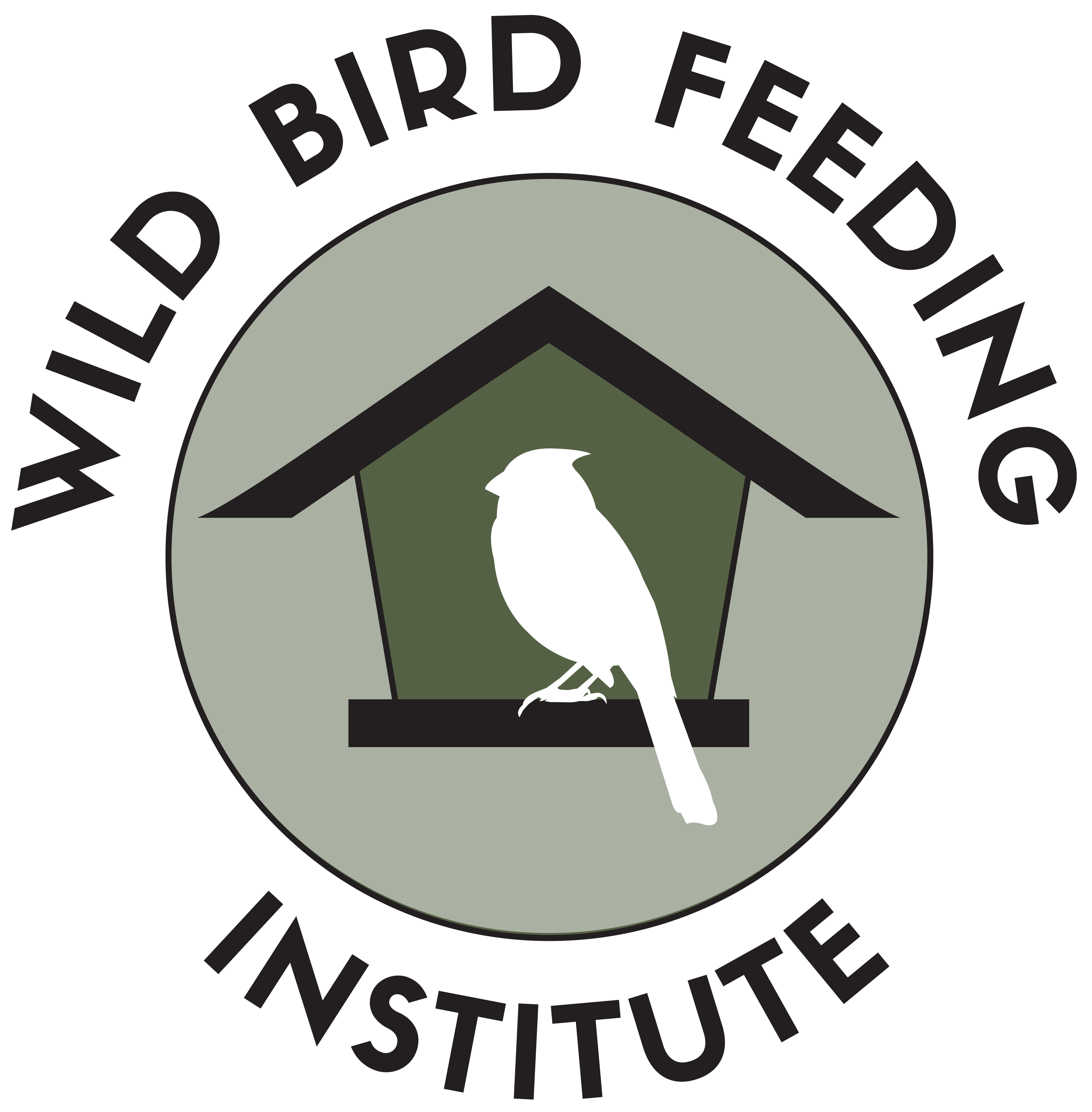The Harmony of Bird Feeding: Benefits for Birds and Humans

Ashley Dayer, an associate professor in the Department of Fish and Wildlife Conservation at Virginia Tech, is the lead author of a recent article published in People and Nature. This article emphasizes the benefits of bird feeding not only to birds but also to humans, suggesting a role for it in shaping public guidance and policy.
Dayer recognizes the need for wildlife agencies and decision-makers involved in bird feeding management to consider both the scientific aspects related to bird behavior and the science behind human experiences. She highlights the dual focus on understanding the impact of regularly feeding birds on human well-being. Dayer and a team of researchers are pioneering large-scale bird-feeding research that includes the observation of human responses.
This project, led by Dayer and Dana Hawley, a professor of biological sciences, spans four years and aims to engage over 10,000 bird feeders across the United States. This project will document observations of bird behavior and also capture the emotional responses of individuals engaged in bird feeding. The origins of the project trace back to 2021 when state agencies advised against bird feeding due to avian disease outbreaks. Investigating further, researchers found that 23 states made such recommendations without clear evidence of reducing disease spread. This sparked the interest in examining the impact of bird feeding on both birds and people.
The research team aims to gather valuable insights by utilizing the existing network of bird enthusiasts through Project FeederWatch, operated by the Cornell Lab of Ornithology and Birds Canada. FeederWatch participants, who have been observing and reporting bird activity for 37 years, will now also assess their well-being. Dayer explained that the project seeks to explore the connection between bird feeding and human emotions. The enthusiasm and passion for bird feeding are evident, with approximately 8,000 submissions received in the first week of the season alone.
Dayer and Hawley express their hope that the research will contribute to guidelines for bird feeding that minimize risks to wild birds while maximizing the benefits for those who engage in this activity. They envision a future where policies support both the health of wild bird populations and the well-being of individuals who find joy and connection through bird feeding.
As you dive into the world of bird feeding and its connections to both avian and human well-being, we invite you to learn more about the profound impact birding can have on your life. Click here to explore how birding crosses over into various realms of wellness, health, and fitness.
